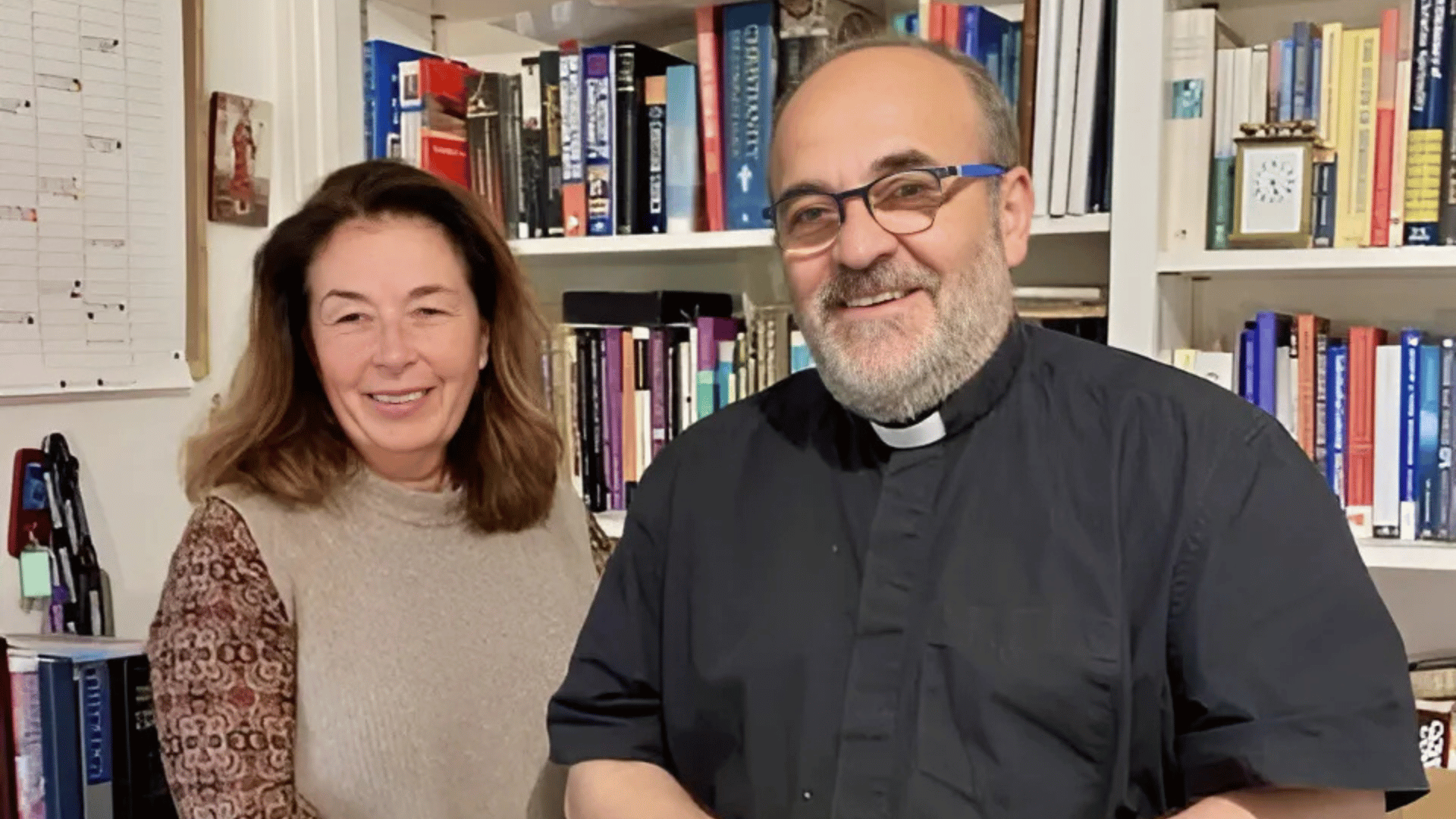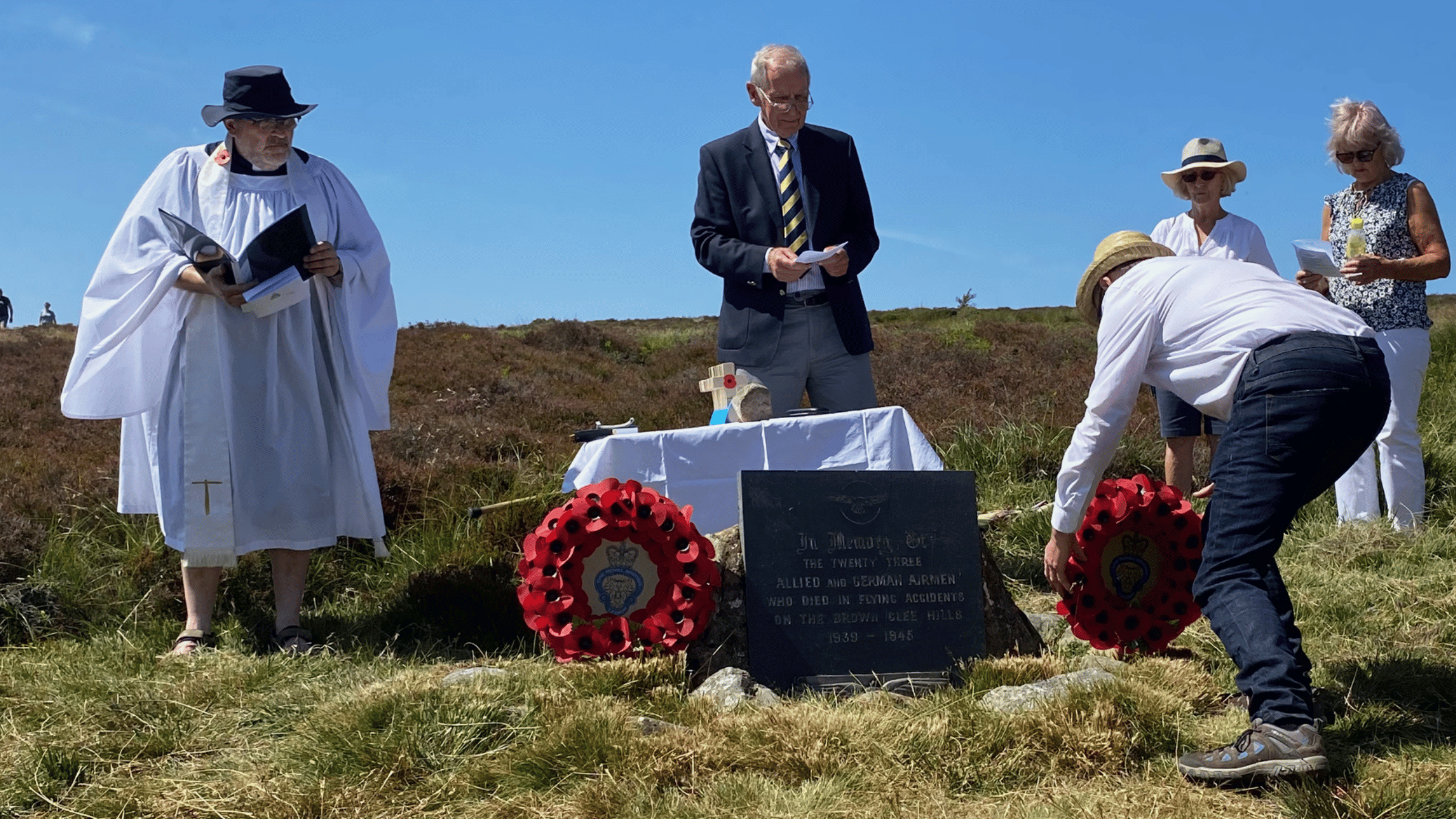Strategic thinking among diocesan leadership made perfect sense: provide resources to take some of the administrative burden off over-stretched clergy and lay leaders, and they will be able to engage more with mission. Instead, in a pilot project in Brown Clee, it turns out that, if it’s done well, administration becomes an important and thriving part of the missional project itself.
Brown Clee benefice in south Shropshire has seen this change, having recruited a part-time administrator, Emma Haywood, funded by the diocese’s Mustard Seed fund. Rev’d Joe Simons, Priest-in-Charge, says, “Emma’s impact on mission has been enormous. It has helped us to develop and launch our social media presence, a new pewsheet and develop and maintain A Church Near You. The management of fees with our funeral directors works smoothly and efficiently, along with bookings for weddings and baptisms. Quiet efficiency and a good humour has ensured that our administrator is seen as so much more than simply supporting mission, she is also helping to shape and drive it forward.
“Emma’s ability to communicate across such a rich and varied community has given her a real understanding of our context, and in this she has helped to shape other ways in which we can work with new people; especially young children, families and young farmers. She is seen as integral part of our Christian community.”
Having more time to be a regular presence at community events and engage with community leaders is having knock-on effects for Rev’d Joe, such as the invitation to lead worship at a community commemoration of fallen airmen on the summit of Brown Clee Hill earlier in the summer, pictured above.

The case for funding may seem obvious in situations like Brown Clee, where the right person is combined with a clear missional strategy. Says Diocesan Secretary, Sam Pratley, “We sadly can’t escape the increasing amount of administration that our incumbents (and PCC members) are having to cope with, especially as our volunteer base continues to reduce. Anything to help with this is welcome, but we’ve seen it work best where parishes or benefices or even deaneries come together to streamline their organisations and benefit from the shared administrative resource; where they are working towards changing the structure, to reduce the burden for future generations, such as creating joint benefice or deanery councils. We have excellent examples in the Abbeydore Deanery, Kington & Weobley and Brown Clee. Next, we’d really like to see an increase in missional energy resulting from this administrative burden being relieved, this in turn should generate tangible increases in the numbers of people regularly attending a form of worship, engaging with our church communities and contributing financially.”
For other incumbents looking for funding to boost their administrative fire power, it’s important to keep these tangible results front-of-mind, and have a plan for replacing the funding when it ends. Mustard Seed grants are time-limited funding, intended as a catalyst, to ‘pump prime’ a project which increases missional energy, and generates self-sustaining funding – whether that is through increased giving or finding other funding sources.
It's a holistic endeavour, not a simple hand-out, but the diocese is committed to partnering with people to support these projects missionally: our Intergenerational Mission team advises on youth and family outreach such as our Youth Hubs, Messy Church, Forest Church and Muddy Church, our chaplains can engage on pastoral projects, our Generous Giving team can advise on fund-raising, such as the free Cornerstone tool from the national church as well as on engaging church communities financially in missional work. Like the parables of the Mustard Seed and the Sower, with limited funds it is important to make sure they land where the soil is rich and the shoots can sprout and flourish.
ENDS
